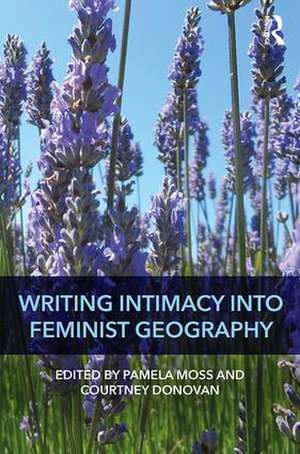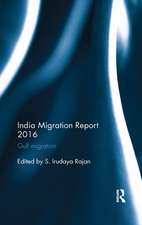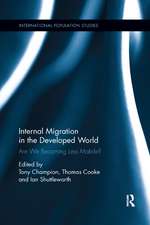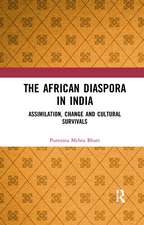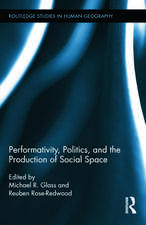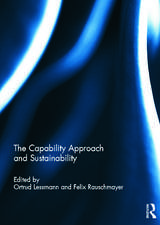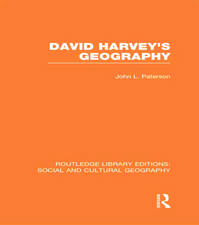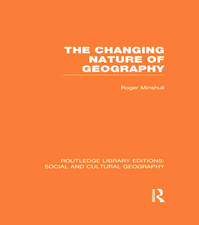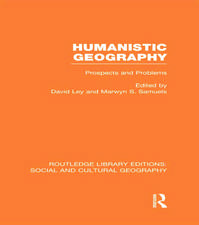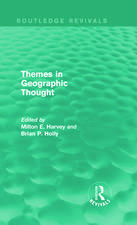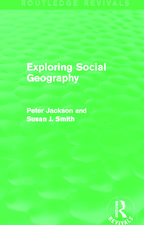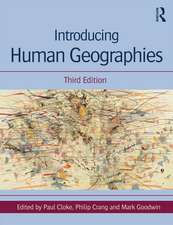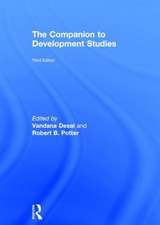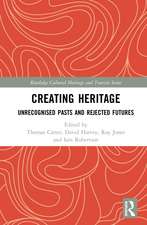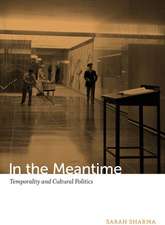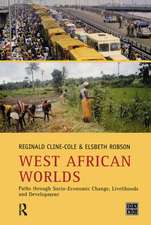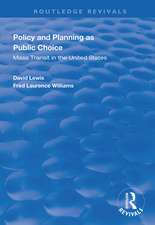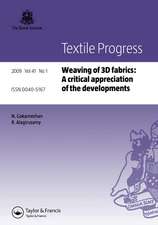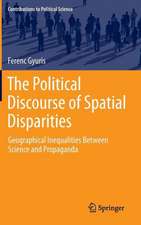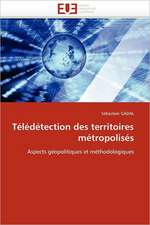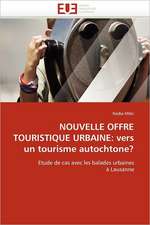Writing Intimacy into Feminist Geography
Editat de Pamela Moss, Courtney Donovanen Limba Engleză Hardback – 6 mar 2017
This collection provides valuable reflections about intimacy in the research process - from encounters in the field, through data analysis, to the various pieces of written work. A global and heterogeneous pool of scholars and researchers introduce personal ways of writing intimacy into feminist geography. As authors expand existing conceptualizations of intimacy and include their own stories, chapters explore the methodological challenges of using intimacy in research as an approach, a topic and a site of interaction.
The book is valuable reading for students and researchers of Geography, as well as anyone interested in the ethics and practicalities of feminist, critical and emotional research methodologies.
| Toate formatele și edițiile | Preț | Express |
|---|---|---|
| Paperback (1) | 412.27 lei 6-8 săpt. | |
| Taylor & Francis – 14 dec 2018 | 412.27 lei 6-8 săpt. | |
| Hardback (1) | 1109.18 lei 6-8 săpt. | |
| Taylor & Francis – 6 mar 2017 | 1109.18 lei 6-8 săpt. |
Preț: 1109.18 lei
Preț vechi: 1352.65 lei
-18% Nou
Puncte Express: 1664
Preț estimativ în valută:
212.24€ • 222.05$ • 176.31£
212.24€ • 222.05$ • 176.31£
Carte tipărită la comandă
Livrare economică 02-16 aprilie
Preluare comenzi: 021 569.72.76
Specificații
ISBN-13: 9781472476777
ISBN-10: 1472476778
Pagini: 258
Ilustrații: 24
Dimensiuni: 156 x 234 x 20 mm
Greutate: 0.45 kg
Ediția:1
Editura: Taylor & Francis
Colecția Routledge
Locul publicării:Oxford, United Kingdom
ISBN-10: 1472476778
Pagini: 258
Ilustrații: 24
Dimensiuni: 156 x 234 x 20 mm
Greutate: 0.45 kg
Ediția:1
Editura: Taylor & Francis
Colecția Routledge
Locul publicării:Oxford, United Kingdom
Cuprins
Introduction 1. Muddling intimacy methodologically Part I: Methodological challenges 2. An uncomfortable position: making sense of field encounters through intimate reflections 3. ‘I’m here, I hate it and I can’t cope anymore’: writing about suicide 4. In the skin: intimate acts in economic globalization 5. Navigating intimate insider status: bridging audiences through writing and presenting Part II: Emergent effects of including one’s own story 6. Intimate creativity: using creative practice to express intimate worlds 7. Writing/drawing experiences of silence and intimacy in fieldwork relationships 8. Open for business? First forays into collaborative autobiographical writing in extractive northern British Columbia 9. Walking the line between professional and personal: using autobiography in invisible disability research 10. Are we sitting comfortably? Doing-writing to embody thinking-with Part III: Multiple aspects of researching intimacy 11. Accelerating intimacy? Digital health and humanistic discourse 12. To hold and be held: engaging with suffering at end of life through a consideration of personal writing 13. Inhabiting research, accessing intimacy, becoming collective 14. Intimacy, animal emotion and empathy: multispecies intimacy as slow research practice Part IV: Analytical methods as part of writing 15. Bearing witness to geographies of life and death: intimate writing and violent geographies 16. Becoming fieldnotes 17. Hiding in the garden: autoethnography and intimate spaces 18. Death, dying and decision-making in an intensive care unit: tracing micro-connections through auto-methods 19. Places of the open season 20. Concluding remarks: intimate research acts
Notă biografică
Pamela Moss is a Professor in Human and Social Development, University of Victoria, Canada.
Courtney Donovan is an Associate Professor in the Department of Geography and Environment, San Francisco State University, USA.
Courtney Donovan is an Associate Professor in the Department of Geography and Environment, San Francisco State University, USA.
Descriere
Conceptually, intimacy is emerging across various disciplines as a topic worthy of investigation, yet it has yet to be fully articulated in feminist geography, or geography more widely. This book expands the horizons of how intimacy is understood and approached in feminist geographic work. It argues that engaging with how to access and work with intimacy ethically and politically, in research design, in the field and in the write-up enriches research, and that organizing such individual work through the theme of intimacy can deepen the understandings feminists have of experience, knowledge, and power, and in their relationships to each other.
